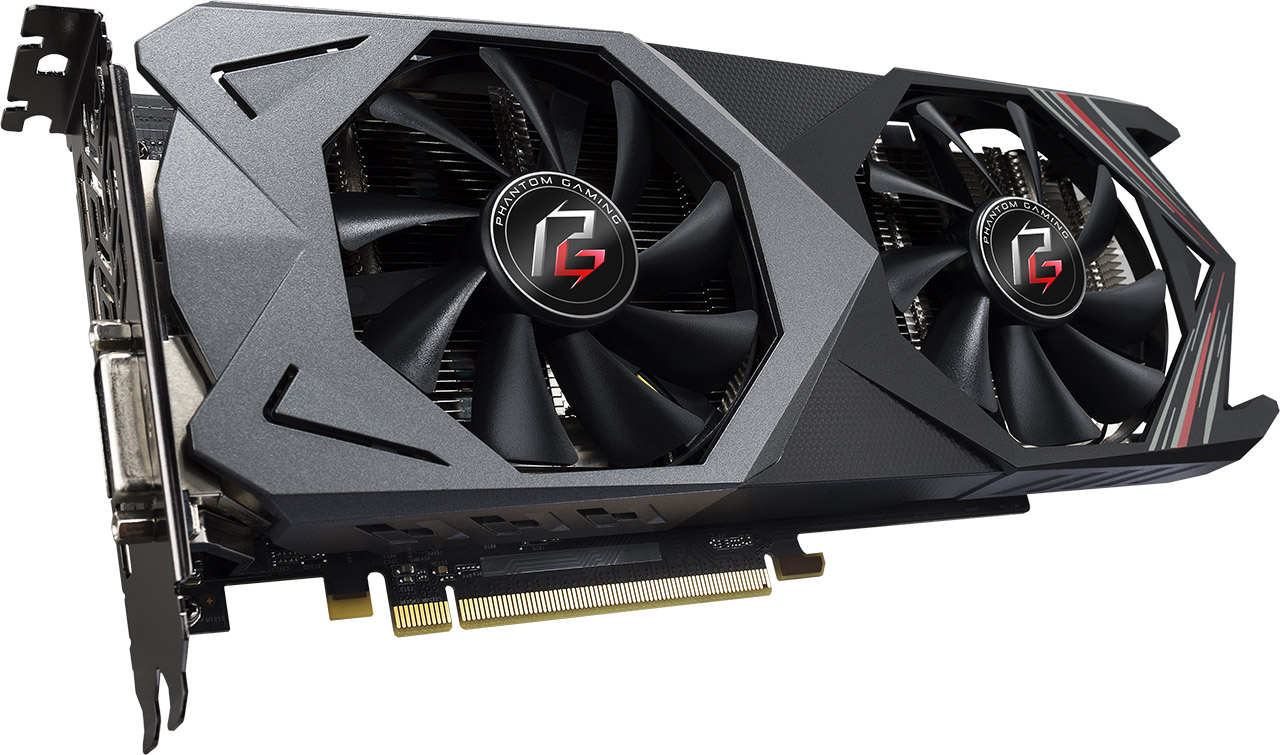ASRock Phantom Gaming X Radeon RX590 8G OC Review
Why you can trust Tom's Hardware
Conclusion
ASRock’s Phantom Gaming X Radeon RX590 is currently the least-expensive example of AMD’s Polaris 30-based card. In that enviable position, it offers good performance per dollar compared to other RX 590s without needing to justify the expense of RGB lighting, over-the-top cooling, or an aggressive overclock that does little to improve frame rates.
In a vacuum, that’d make it a winner. Or at least a contender. But all Radeon RX 590s, whether from ASRock, PowerColor, Sapphire, or XFX, must also compete against GeForce GTX 1660 Ti. Nvidia’s Turing-based board starts at $280 and is about 18% faster through our benchmark suite. That puts a cap on the value of any Radeon RX 590, and only takes absolute frame rates into account. Comparisons of power favor Nvidia unquestionably. Temperatures and noise are closely related to power, and they usually reflect our power findings pretty accurately.
Out of the box, ASRock’s Phantom Gaming X Radeon RX590 is loud. Its dual-slot form factor is much more convenient than some of the three-slot configurations we’ve tested. However, the thin cooler’s lack of metal must be compensated for with copious airflow to keep Polaris 30 sufficiently cool, especially since the Phantom Gaming X uses more power than AMD’s official spec. And while we don’t have a problem with semi-passive fan modes, they’re most effective paired to big, beefy sinks, which help soak up the heat dissipated by a GPU at idle. Given the choice, we’ll take quiet fans spinning slowly all the time over a cooler pulsing on and then spinning down.
Where does this Radeon RX 590 fit in, then, at $250/£190? Given today’s competitive market, it could stand to shed another $40 or so - if only to compete against Radeon RX 580s selling for $190. If Nvidia decides to create another card with its TU116 processor, the Radeon needs to be discounted even more. Although ASRock’s card is the least expensive version out there, too many good options exist above (GeForce GTX 1660 Ti) and below (Radeon RX 580) its current position to warrant a recommendation.
MORE: Best Graphics Cards
MORE: Desktop GPU Performance Hierarchy Table
MORE: All Graphics Content
Get Tom's Hardware's best news and in-depth reviews, straight to your inbox.
Photo Credit: Tom's Hardware

